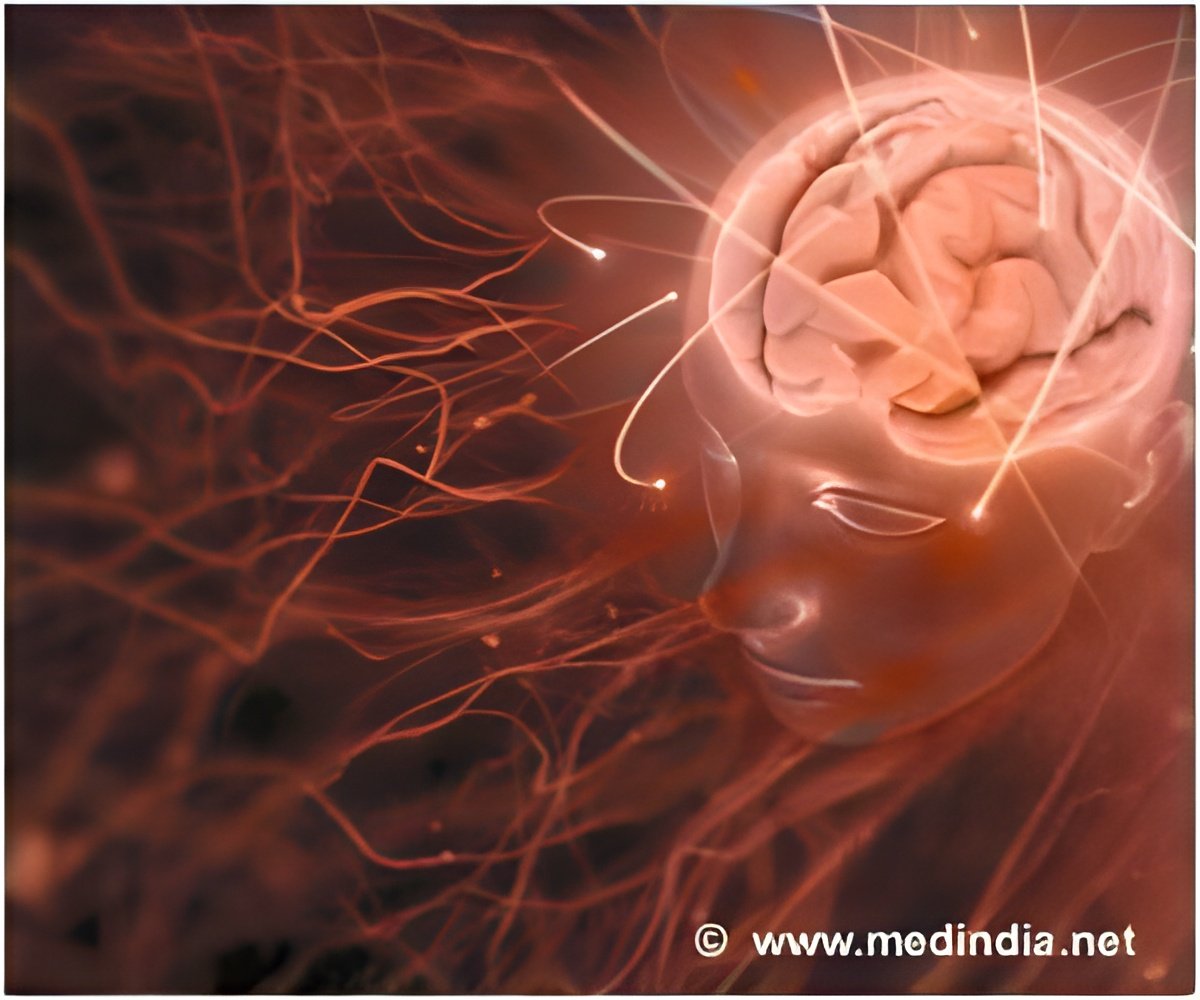American researchers have identified a new and powerful class of antioxidants which they believe could prove to be an effective treatment for Parkinson’s disease.

Thomas and his colleagues were able to block the death of dopamine-producing brain cells that occurs in Parkinson's by using the drugs to bolster Nrf2, a natural antioxidant and inflammation fighter.
Stressors from head trauma to insecticide exposure to simple aging increase oxidative stress and the body responds with inflammation, part of its natural repair process. "This creates an environment in your brain that is not conducive for normal function," Thomas said. "You can see the signs of oxidative damage in the brain long before the neurons actually degenerate in Parkinson's."
Nrf2, the master regulator of oxidative stress and inflammation, is – inexplicably – significantly decreased early in Parkinson's. In fact, Nrf2 activity declines normally with age.
"In Parkinson's patients you can clearly see a significant overload of oxidative stress, which is why we chose this target," Thomas said. "We used drugs to selectively activate Nrf2."
They parsed a number of antioxidants already under study for a wide range of diseases from kidney failure to heart disease and diabetes, and found triterpenoids the most effective on Nrf2. Co-author Dr. Michael Sporn, Professor of Pharmacology, Toxicology and Medicine at Dartmouth Medical School, chemically modified the agents so they could permeate the protective blood-brain barrier.
Advertisement
Their preliminary evidence indicates the synthetic triterpenoids also increase Nrf2 activity in astrocytes, a brain cell type which nourishes neurons and hauls off some of their garbage. The drugs didn't protect brain cells in an animal where the Nrf2 gene was deleted, more proof that that Nrf2 is the drugs' target.
Advertisement
Source-Eurekalert









